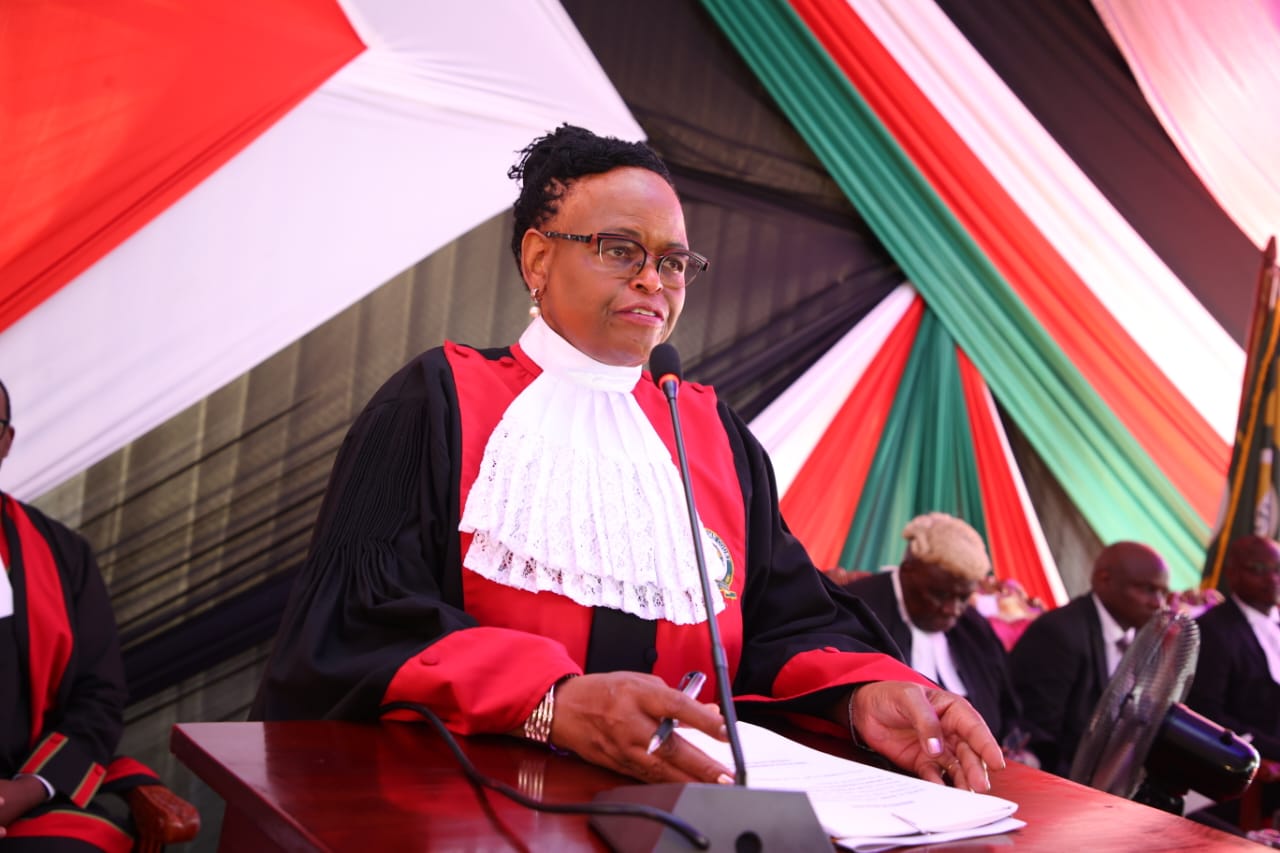Vodacom warns of risks in mobile money taxation

Vodacom Group, one of the largest shareholders in Safaricom has warned that mobile money taxation could hamper the financial inclusion gains attained in the country so far.
In January, Central Bank of Kenya announced the reintroduction of charges on mobile money to bank transfers that had been waived during the Covid-19 pandemic.
The announcement saw all bank to mobile money transactions attract a 20 per cent excise duty with Kenya Revenue Authority warning that it would start to monitor mobile money transactions to catch tax cheats.
“Mobile money platforms such as M-Pesa have been vital drivers of financial inclusion on the continent. However, government tax policies pose a significant challenge to the sustainability of mobile money services and financial inclusion gains made by these innovations,” said Vodacom in a statement.
Financial inclusion
The sentiments are part of Vodacom Group’s policy paper on Mobile Money Taxation which unpacks some of the impact that changes in mobile money taxation has on financial inclusion on the continent. According to Vodacom, taxation can affect affordability and accessibility, the two major advantages of mobile money.
“While many countries have embraced mobile money services, mobile money taxation can have unintended consequences for the people who stand to benefit significantly from these platforms”, said Stephen Chege, Group Chief Officer for Regulatory & External Affairs at Vodacom Group. “We need to remember that many of the people who use mobile money are highly sensitive to transaction costs, therefore even a marginal increase in the fees associated with using these services could make them unaffordable. Higher transaction taxes may even compel some users to return to cash-based transactions,” he added.
Additionally, taxes could hamper mobile money providers’ ability to make the investments necessary to provide services to the underserved.
Where the tax burden is too high, there is a chance that providers will limit their investments, reducing mobile money penetration, leading to lower customer usage on the continent and consequently, the socio-economic benefits derived from these platforms.












